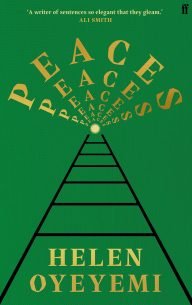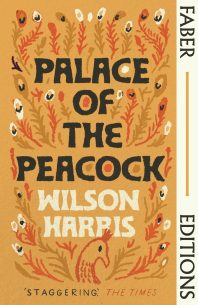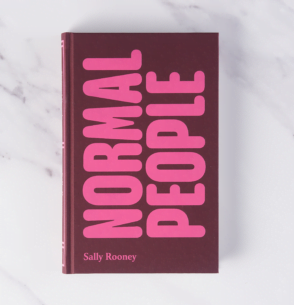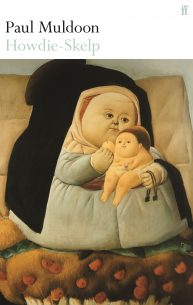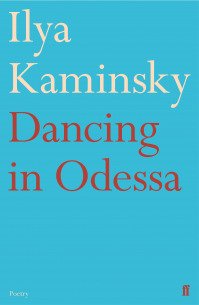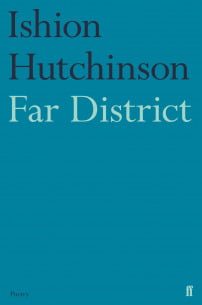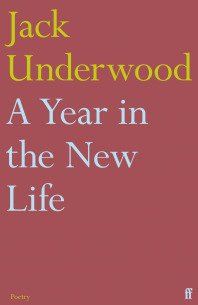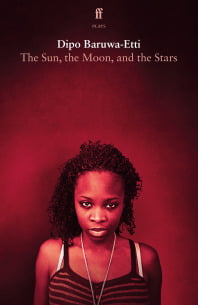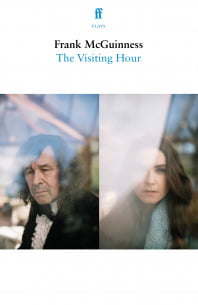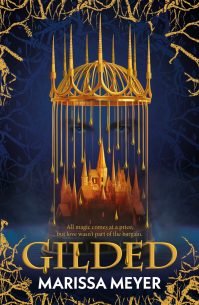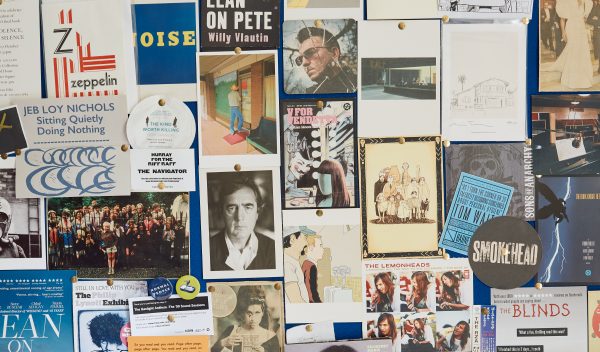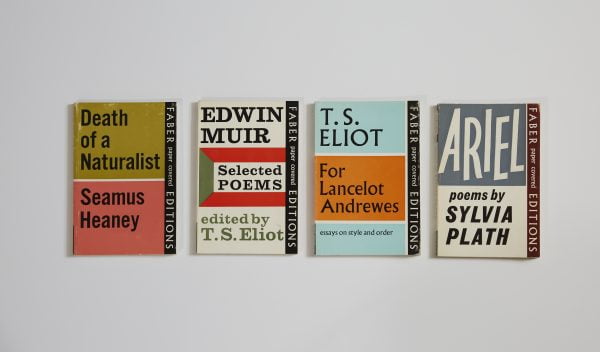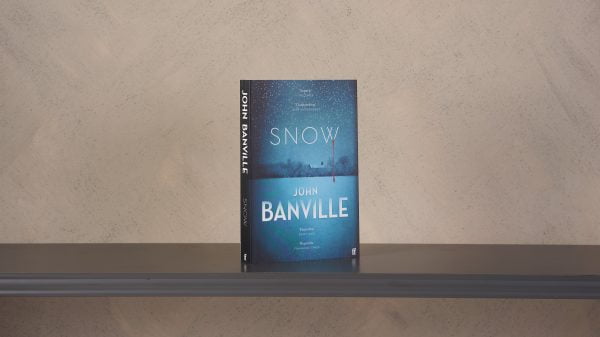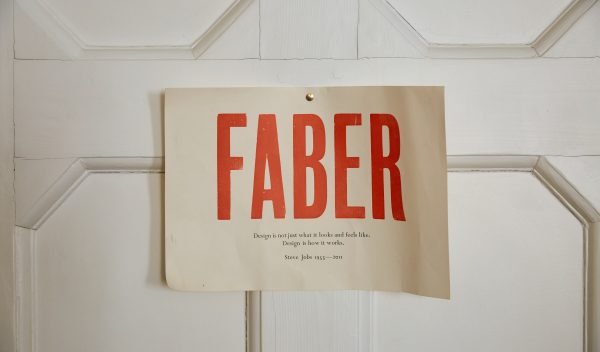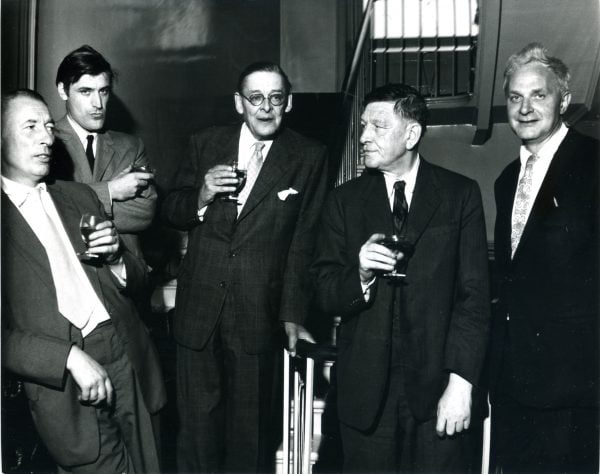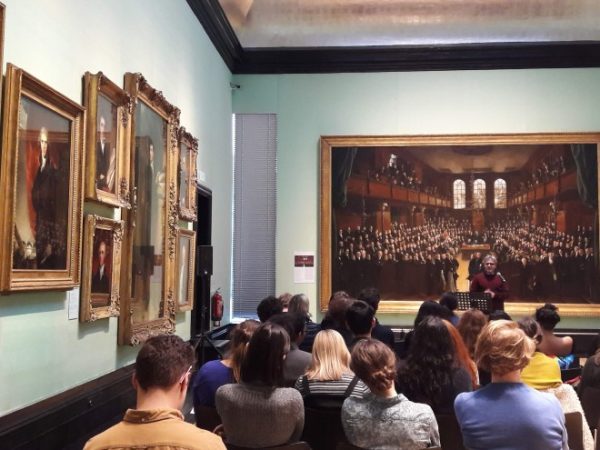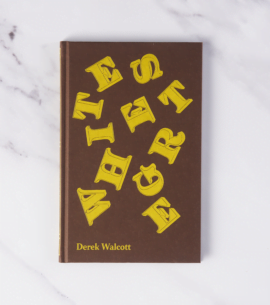


Nicola Upson remembers P. D. James
As part of our celebrations for the centenary of P. D. James’ birth, author of the Josephine Tey novels Nicola Upson shares her memories of the crime writing icon.

P. D. James at Marylebone Station (Faber Archive)
There’s a pen pot on my desk that means the world to me, a mug in the shape of a rabbit’s face, with eyes that have a familiar twinkle. For years before I inherited it, that rabbit sat on P. D. James’s desk, a silent collaborator in the fine art of murder; now, it’s my companion through good writing days and bad, a talisman of almost sacred significance.
P. D. James’s books were an inspiration to me long before I knew her as Phyllis and called her a friend. The first time we met was to talk about Josephine Tey, whose books she greatly admired, and from then on she became a wonderful advocate of the project that started as a straightforward biography and metamorphosed into a fictional celebration of Tey’s life and work. Phyllis was the first person other than my partner, Mandy, with whom I discussed the prospect of putting Tey into a novel, an idea she encouraged with the immortal words ‘if it’s legal, dear, you must do it’, and when I was struggling to find a title for my second book which would satisfy both me and Faber, it was Phyllis who came to the rescue. I was at my wits’ end, almost past caring what the book was called as long as it came out with something on the cover, but Phyllis had the bit between her teeth. She sent me a quotation from a nineteenth century poem by the American preacher, T. C. Williams:
Death is an angel with two faces –
To us he turns
A face of terrors, blighting all things fair.
The other burns
With glory of the stars, a love is there.
The novel in question was a dark book, filled with violent deeds committed against a violent landscape; so dark, in fact, that the much-missed Reg Hill once said that it ‘did for Cornwall what Attilla the Hun did for Rome’. Phyllis, though, was as individual in her reading as in her writing, and she didn’t see it in quite the same way. ‘I’m sending you this because of the mention of love,’ she wrote, ‘and love, of course, is at the heart of the novel’. She suggested Angel With Two Faces as a title, which is what the book immediately became, and reminded me that she had also struggled to find titles in the past; in one particular case, she had resorted to a prayer to St Anthony, patron saint of lost things, and awoke the next morning with the words ‘Innocent Blood’ on her lips. The arrival of that note and that poem in my in-box felt just as miraculous to me at the time, and for a long while after that in our household, Phyllis was affectionately known as St Anthony of Holland Park.

Innocent Blood (Faber Archive)
Her wisdom was extraordinary, her kindness instinctive and unsentimental. When I had my first bad review, Phyllis phoned that evening and – without sympathy or even reference to the newspaper in question – she restored my faith in my writing. Having tea with her before meeting my American publisher for the first time, she could see I was nervous and I can still hear her vigorous encouragement ringing in my ears: ‘You’re going as a sought-after novelist, remember. It’s not a job interview.’ She never wasted time, her own or anyone else’s (that’s a lesson I still have to learn, as the rabbit on my desk will testify) and, most importantly, she taught by example, having an unswerving loyalty to her readers and a ruthless dedication to her work, which she always put first. And it was Phyllis who gave me the most important advice I’ve ever had: ‘Make it the best book you can, dear.’ Simple advice, perhaps, but she could always make common sense sound like a new and original idea.
Mandy and I both knew Phyllis before we met each other, and we saw her regularly together throughout the last fifteen years of her life. Despite – perhaps because of – all she had achieved, she was appreciative of the smallest acts of kindness: a bunch of tulips pleased her more than a grand bouquet; fish and chips at her kitchen table was as much of an occasion as lunch in a fine restaurant. It was the talk she loved most. News thrilled her, and she was interested in everything: tough times in our lives, or shared reasons to celebrate. She had a strong moral compass and a searing sense of justice, yet she was one of the least judgemental people I’ve met; once you had her friendship, you could tell her anything. And she had the wickedest sense of humour: the three of us cried with laughter around that table; I’ve never known anyone use the word ‘joy’ as often as Phyllis.
There are some lines in Devices and Desires that I find very hard to read now. Dalgliesh has inherited his aunt’s cottage on the Norfolk coast and he goes there after her death to sort through her things, pondering inevitably on what she meant to him: ‘Jane Dalgliesh had indeed seemed to him immortal. The very old, he thought, make our past. Once they go, it seems for a moment that neither it nor we have any real existence.’ I think a lot of us felt like that when Phyllis died, whether we missed her as a friend or as a writer and an inspiration. She has left the richest of legacies, in work that offers so much, in wisdom so generously given, and in the unexpected friendships brought about by her loss, but perhaps her most precious gift goes back to the poem she sent me – echoed in the closing lines of her final Dalgliesh novel, The Private Patient – and to the insistence that in offering our readers pain, we must also give them love.
…
Find out more about the celebrations for the P. D. James centenary here, including the special publication of her short story, The Part-Time Job, out now.
Nicola Upson is the author of the Josephine Tey novels. Her most recent novel in the series, Sorry for the Dead, was selected as Waterstones Thriller of the Month for July.
